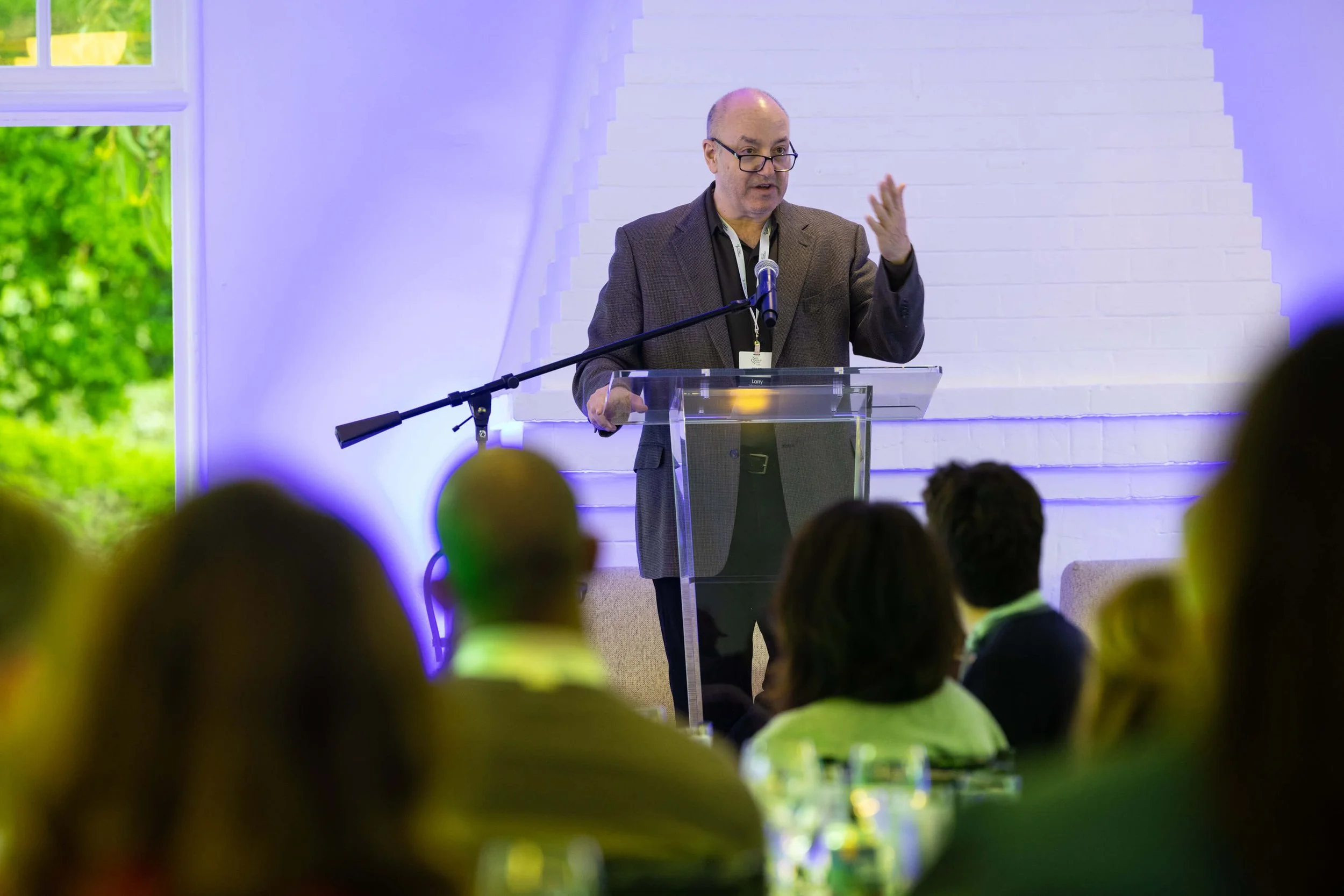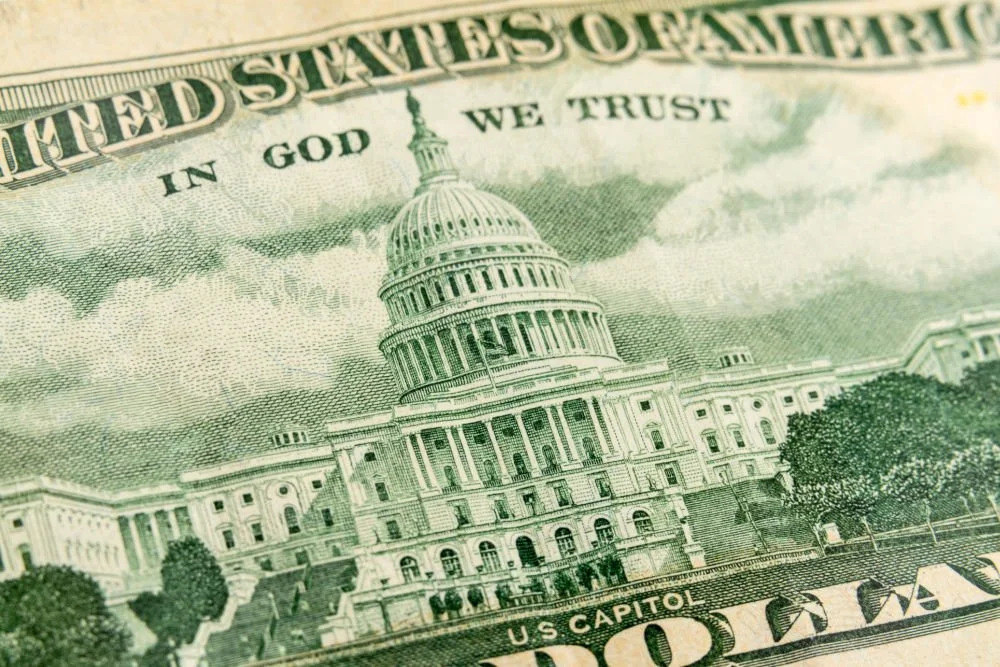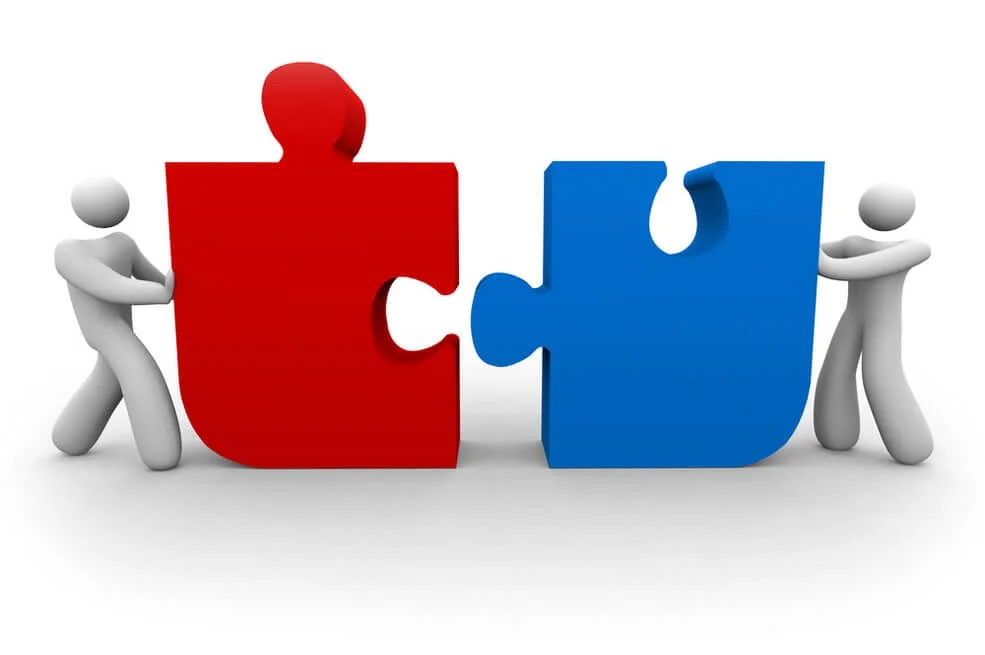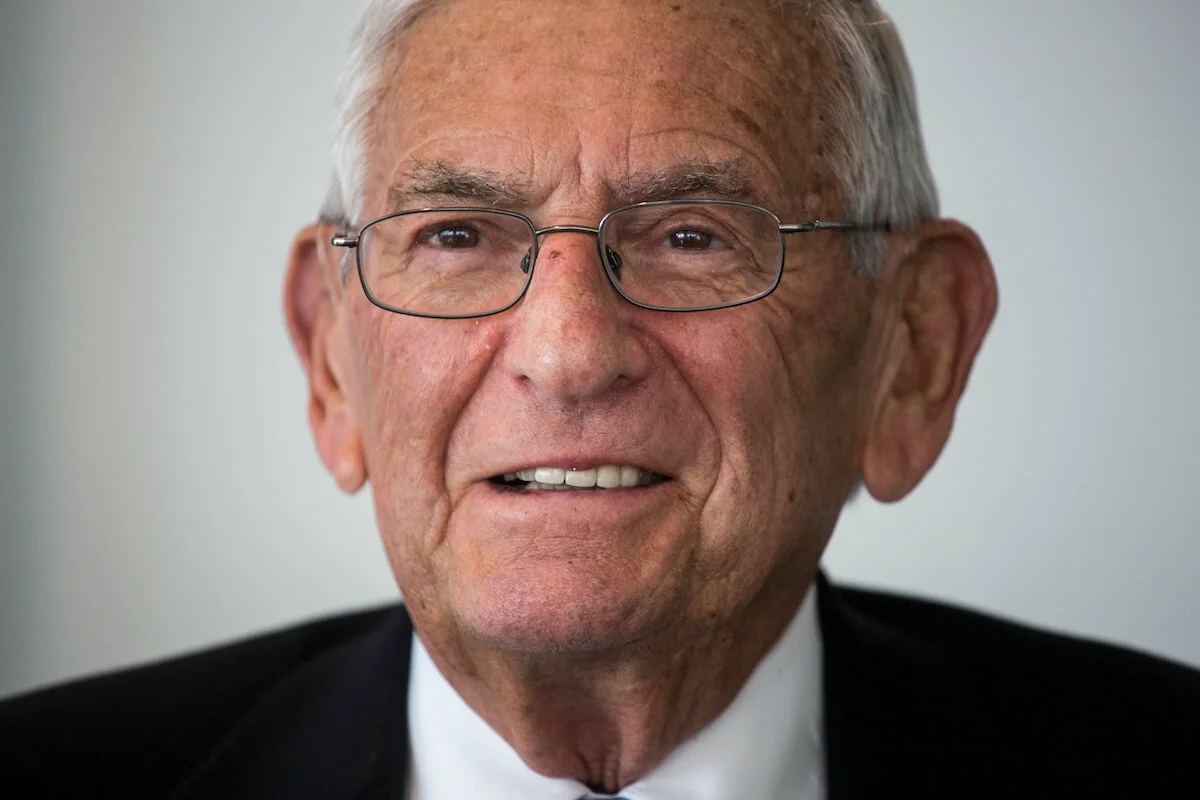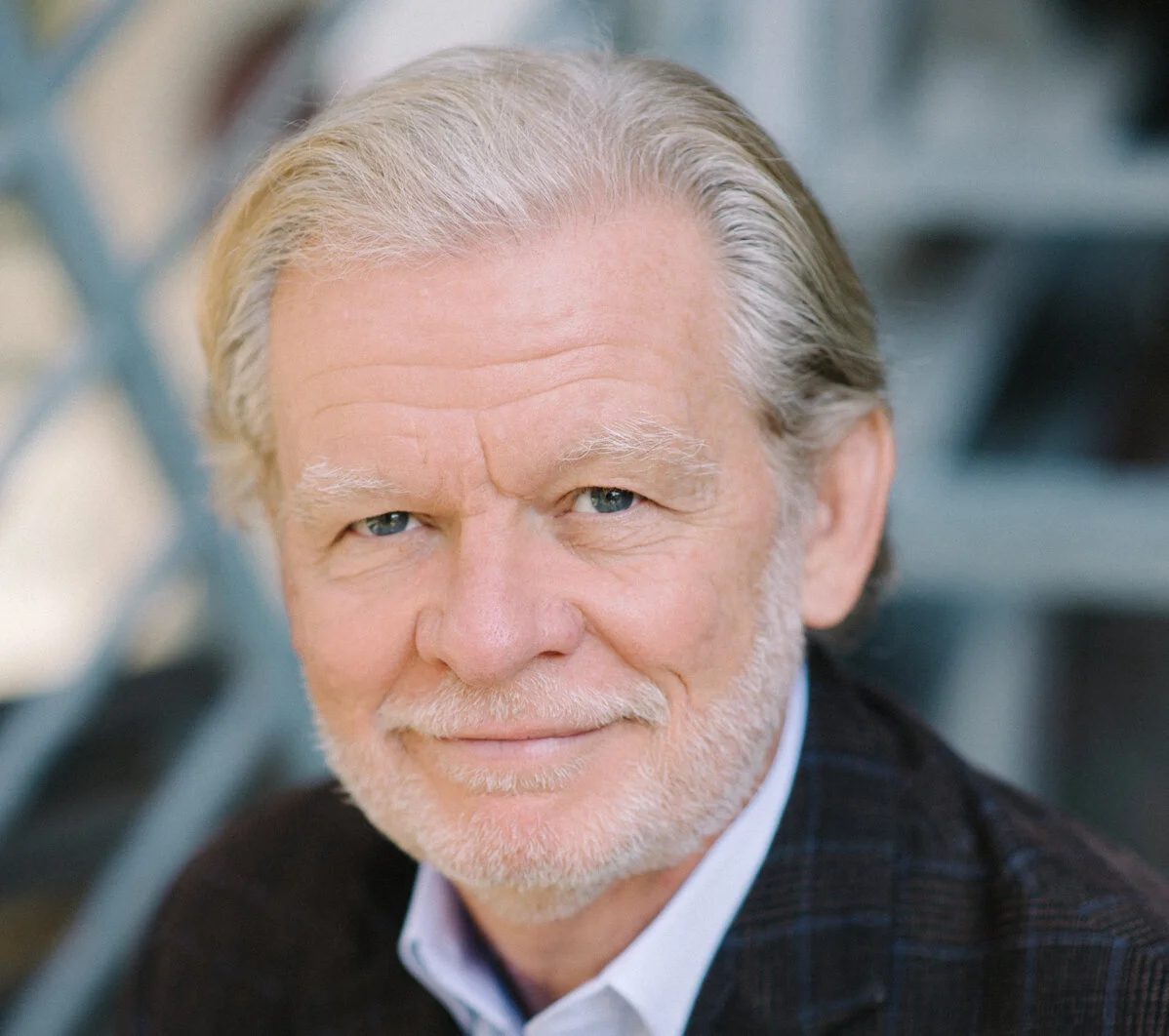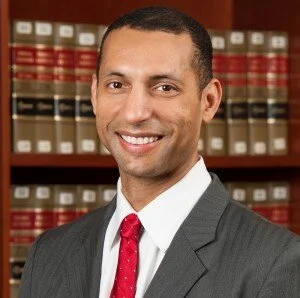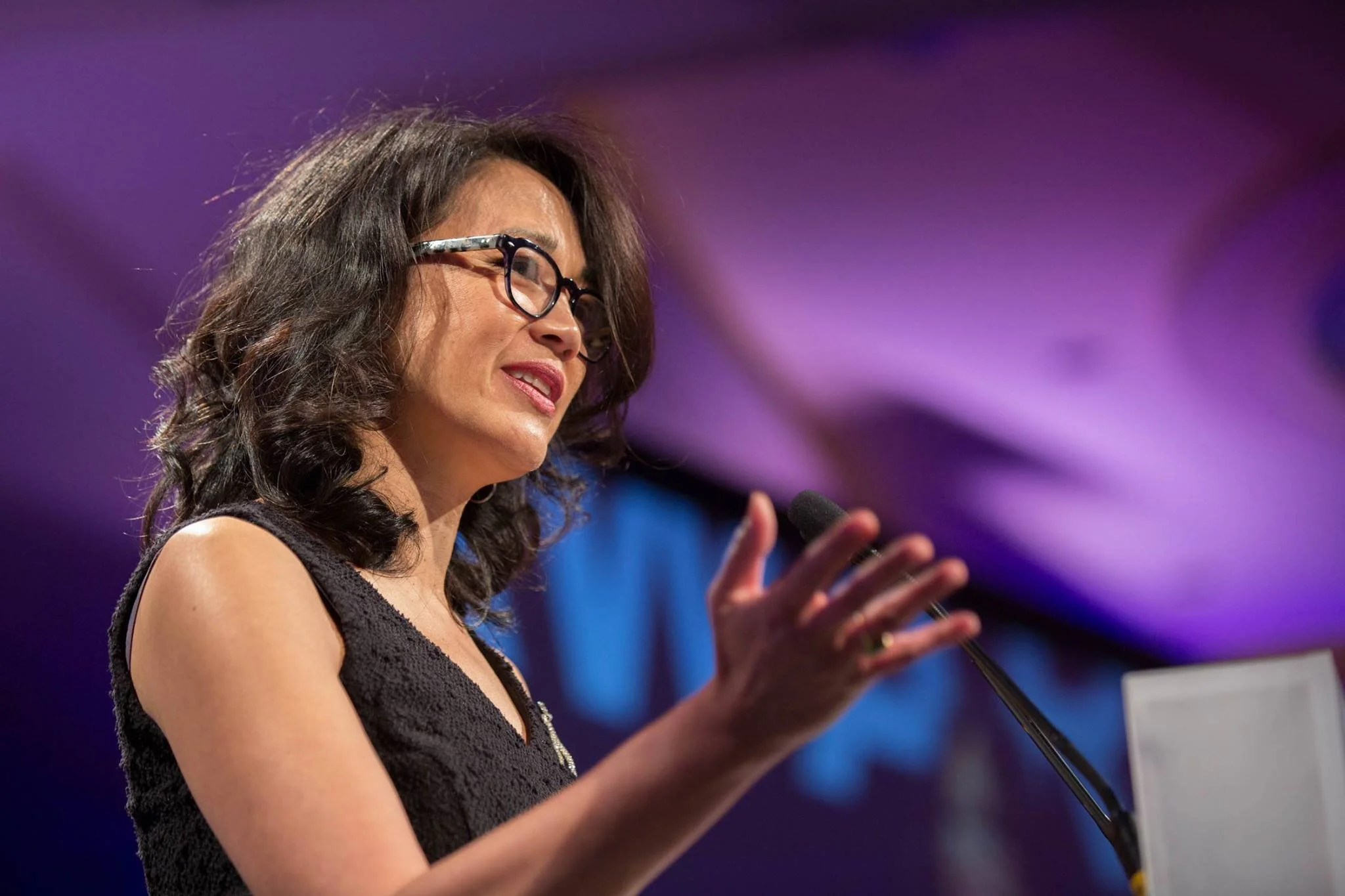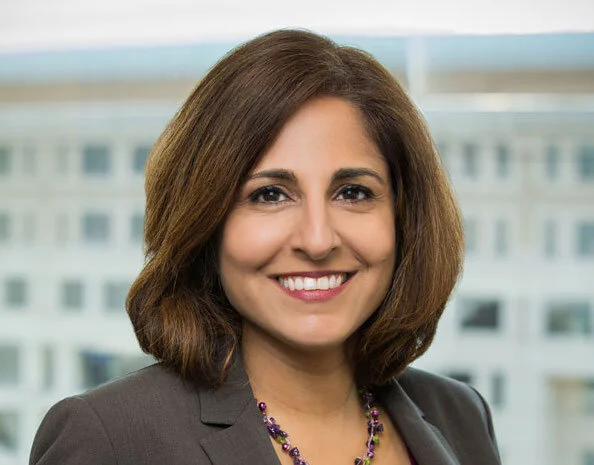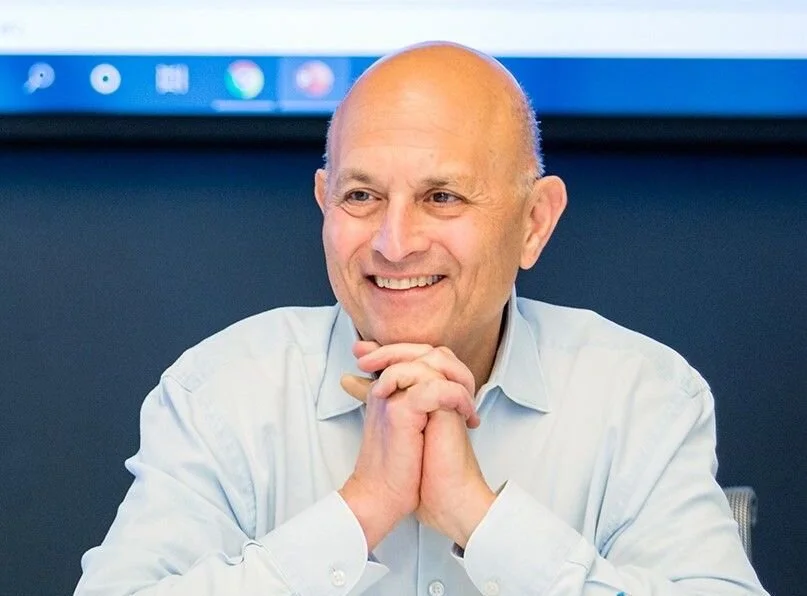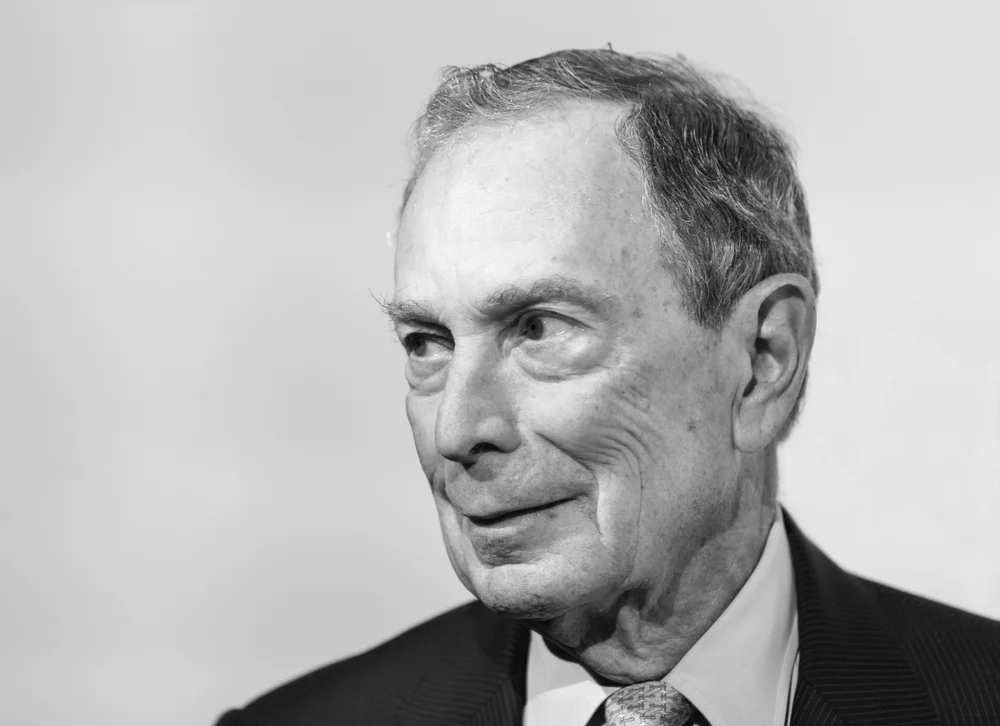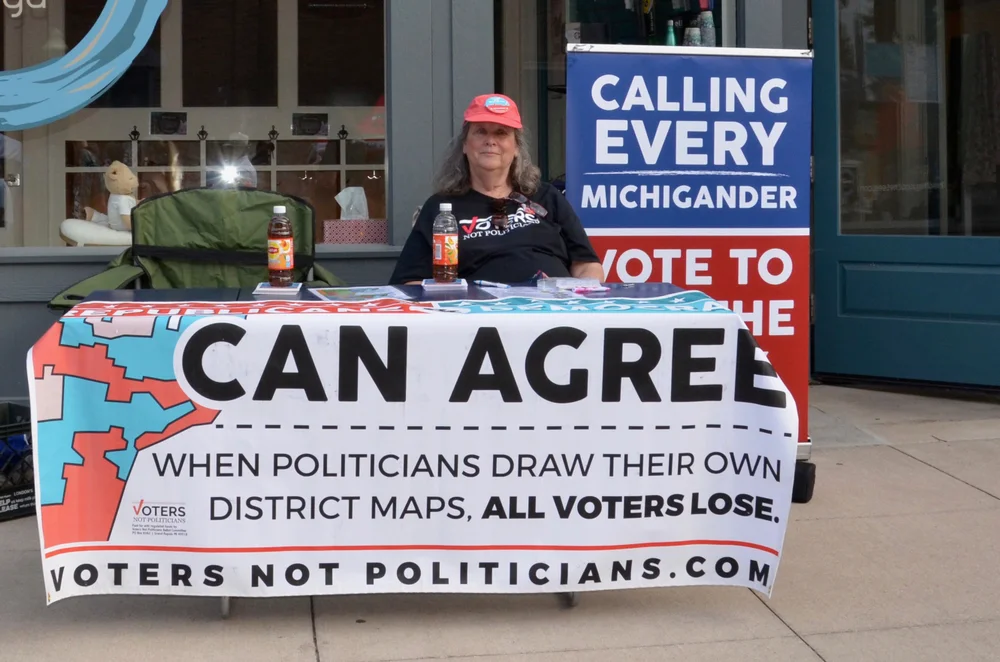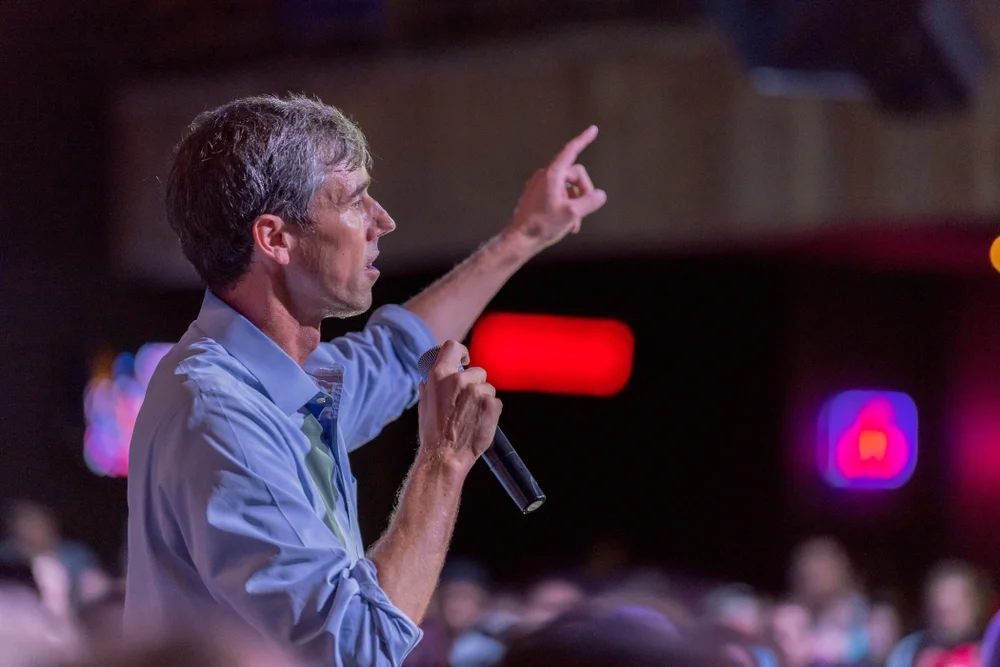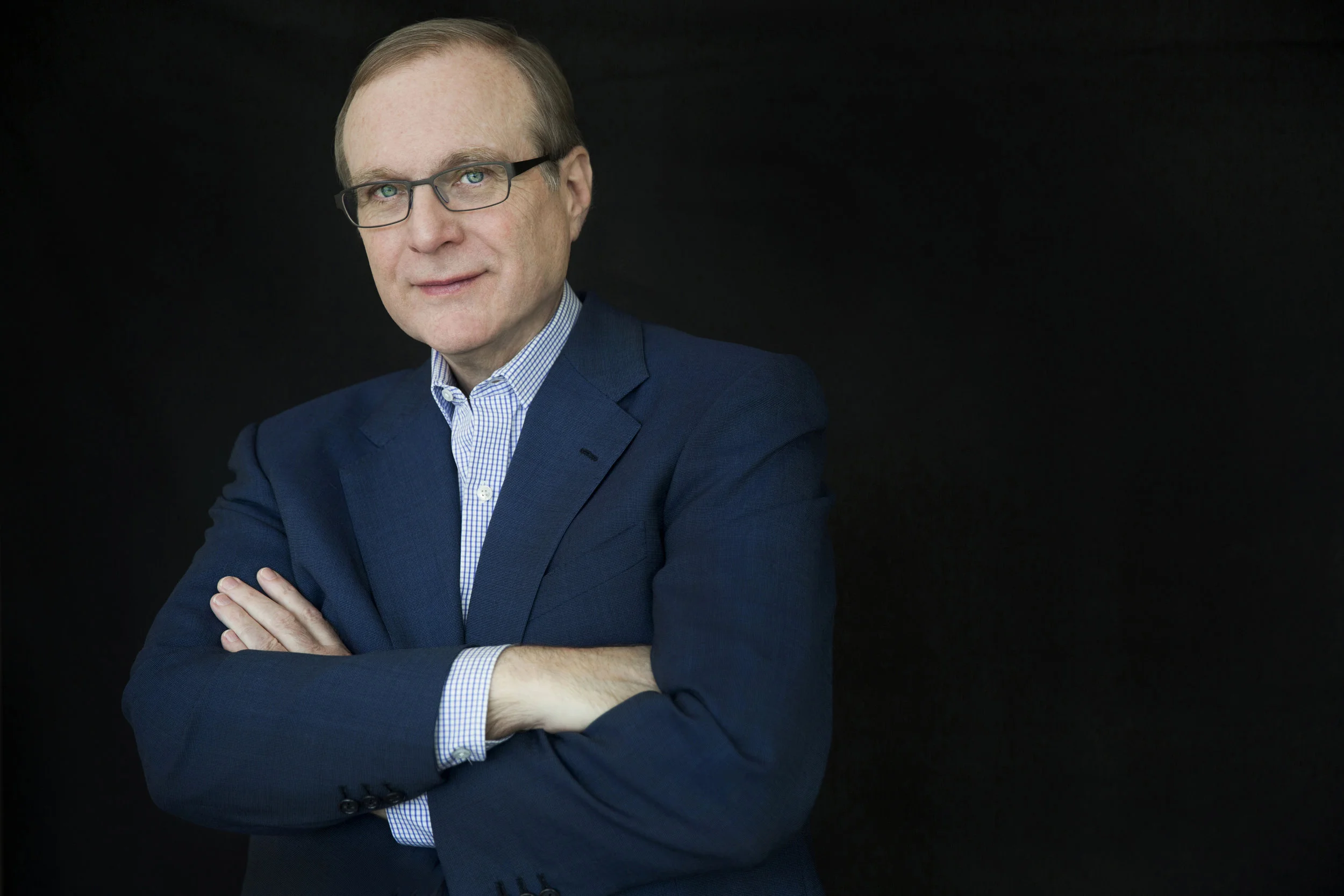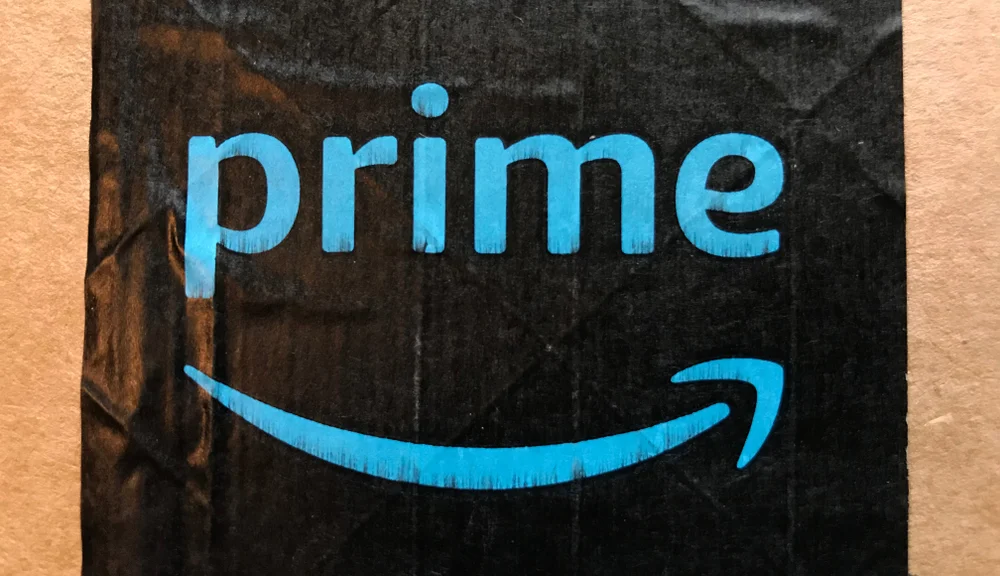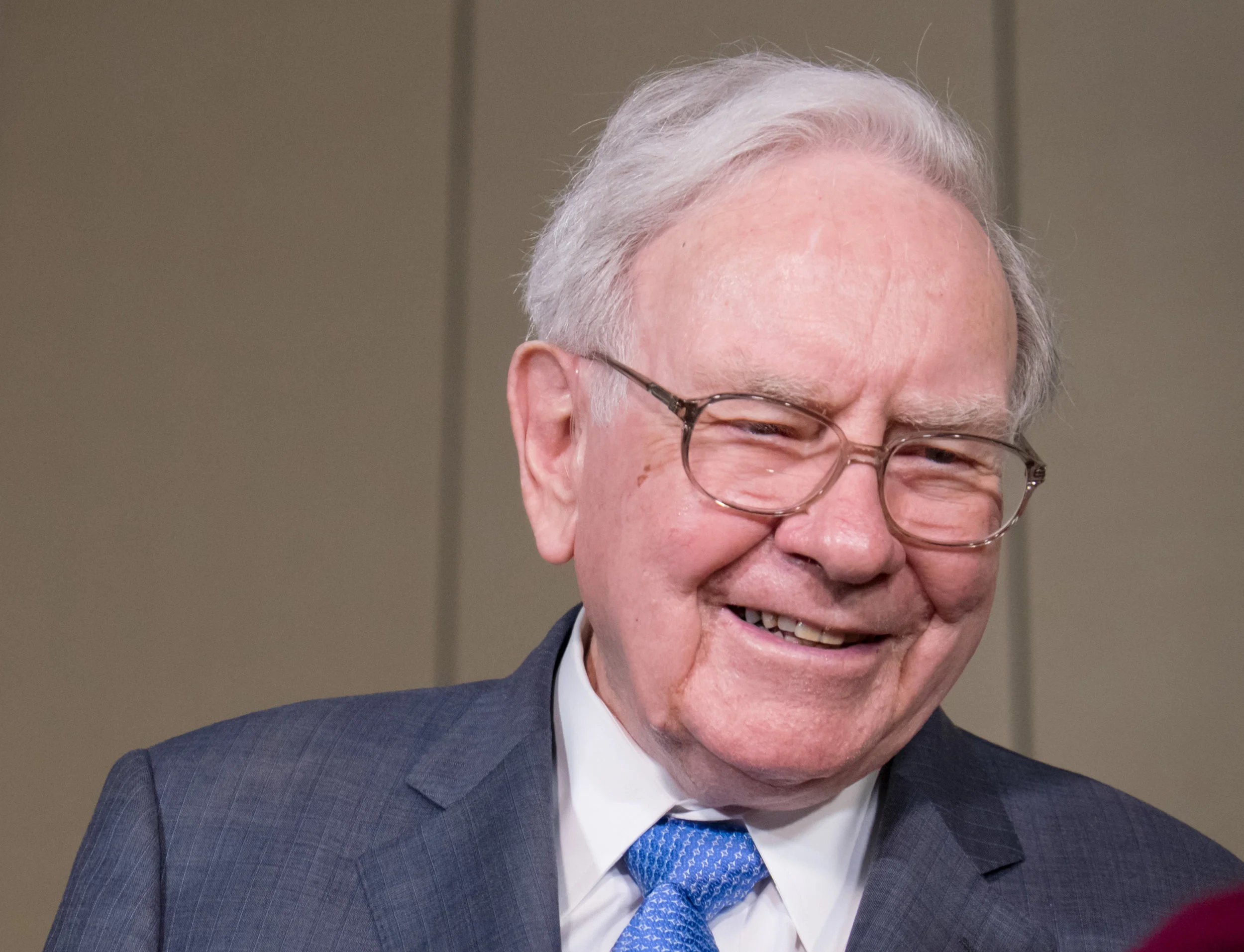Why Won’t Bill and Melinda Gates Really Take on Donald Trump?
/Photo: JStone/shutterstock
Since the 2016 election, quite a few foundations and wealthy donors have openly joined the “resistance,” rolling out new initiatives to counter Trump administration’s policies and Trumpism more broadly. It’s hard to remember a moment when so many funders have mobilized against a presidency.
Yet at the very highest levels of philanthropy, there’s been a striking degree of reticence about publicly opposing Donald Trump and his administration. If you carefully read the blog posts and tweets coming out of such big foundations as Ford, Carnegie, MacArthur and Hewlett, you’ll find very few mentions of Trump’s name and little direct criticism of his policies. And with the exception of a few mega-givers, like Pierre Omidyar, most top philanthropists have been similarly muted.
So it's notable that Bill and Melinda Gates voiced criticism of the president, however mild, in their annual letter released today and in an interview with the New York Times.
The new Gates letter offers answers to 10 “tough” questions, on topics ranging from the foundation's U.S. education work to the influence of wealthy donors writ large. But Bill said that in the past year, “I’ve been asked about President Trump and his policies more often than all the other topics in this letter combined.”
Bill was diplomatic in addressing this issue, saying he was concerned about Trump’s America First worldview and his proposed cuts to foreign aid. He also said, "Although we disagree with this administration more than the others we’ve met with, we believe it's still important to work together whenever possible.”
Melinda made this same point, even as she offered more judgment: “I believe one of the duties of the president of the United States is to role model American values in the world. I wish our president would treat people, and especially women, with more respect when he speaks and tweets.” Talking to the Times, Melinda said further: “That’s not how we teach our kids to speak. So it’s discouraging to hear that kind of talk.”
These comments were as far as the couple would go in criticizing Trump, leaving readers to wonder: What do they really think?
Of course, it’s not hard to imagine what Bill and Melinda Gates really think about the 45th president of the United States: They’re surely aghast, like nearly everyone else in the world of elite philanthropy.
Bill’s entire career has been marked by a commitment to science and evidence-based solutions to problems. Trumpism, a hybrid of populism and paleo-conservatism, represents an insurgency against this technocratic worldview—if not reason itself.
Melinda’s greatest cause in recent years has been the empowerment of women around the globe. But Trump’s unlikely victory—after multiple accusations of sexual harassment and assault—represents a major backlash against the cause of gender equity. His policies on reproductive rights, especially the reimposition of the Global Gag Rule, could have devastating effects on the poorest women of the world—increasing unwanted pregnancies, unsafe abortions and maternal deaths. When Melinda spoke out publicly against the Global Gag Rule last year, she could barely suppress her rage.
Trumpism is not only anathema to the core values embraced by Bill and Melinda Gates; the administration’s policies are also a wrecking ball that could set back years of work by the Gates Foundation.
So why won’t the first couple of American philanthropy speak out more loudly against Trump and his presidency?
One reason, as both suggested, is that the Gates Foundation does believe that it needs to work with the Trump administration in several areas. If Bill and Melinda join the “resistance,” that would suddenly become a lot harder. In a worst-case scenario, the couple could end up publicly feuding with Trump on Twitter—getting dragged into the gutter with a president who famously lacks propriety.
But there’s likely another factor at work, here, which is core to the DNA of modern elite philanthropy: The Gates Foundation, like most big foundations, is committed to the poise of neutral non-partisanship. These institutions have always sought to telegraph that they stand above the fray of politics—even as they have routinely sought to influence public policy outcomes, as the Gates Foundation has done on K-12 education. They have presented themselves as all about pragmatic problem solving—even as they have often brought strong normative values and ideological biases to their work.
Such positioning isn’t mainly driven by what the law says in regard to 501(c)3 institutions. It’s about protecting foundation influence over the long term. Philanthropy’s leaders have long worried that if their institutions overtly take sides in politicized battles, they will become targets for politicians and regulators. No one wants to find themselves before a Congressional committee, as foundation presidents did in the late 1960s. Related to this, there’s been a real fear of losing public trust—which is especially possible in today’s climate of political polarization and fear of creeping plutocracy.
In short, Bill and Melinda Gates, along with their foundation, are likely staying quiet about Trumpism for the same reason that most other top foundation leaders are also standing down: because duck and cover seems like the more prudent strategy.
Philanthropy’s high command seems to have made the calculation that publicly taking on this president isn’t worth the risks to their institutions and the sector’s brand. At the same, though, many of the same leaders who are staying mum have been moving aggressively behind the scenes to counter the damage from Trump policies. The Gates Foundation is a case in point: It’s given millions to help close the funding gaps created by Global Gag Rule.
Is this the right strategy for top funders: Public silence, private resistance?
It depends on how one sees the present moment. If you believe that Trump’s rise is just a more extreme version of politics as usual and that he’ll likely be gone in a few years, overt opposition to the president will seem unwise. Better to wait Trump out while mitigating the harm of his policies.
But if you believe we’re in more dangerous terrain, then a stronger oppositional approach is called for. I’ve tended to be in this camp. What the big foundations have in common, from Gates downward, is a humanist vision for improving society using reason and knowledge. This vision is now under open attack and a passive response carries its own risks.
As I’ve written before:
The central project of organized modern philanthropy, the scientific advancement of human civilization, is at risk in a fundamental way from a quasi-fascistic populism that dismisses both humanism and reason, while showing a disregard for constitutional norms and the broader rules that govern democracy… This is a meta-level fight over the basic values and direction of society. Foundations have never faced a fight like this.
Duck and cover makes sense if you're dealing with a passing explosion. It doesn't make sense if your core values face ongoing attack that could lead to irreversible losses.
Bill and Melinda Gates should speak out more forcefully in defense of their values—and yes, against the president undermining them. But like all wealthy philanthropists and elite foundations, they should also be grappling with the really "tough" question right now: Why is it that a good swath of the U.S. public has lost faith in the project of using science and knowledge to advance society? And how can this faith be restored?
Obviously, as so many have noted, the failure of the postwar liberal order to deliver shared prosperity is a key driver of today's populism, both in the U.S. and elsewhere. In that regard, it was good to hear Bill and Melinda Gates say in their letter that they are thinking closely about how to address issues of equity and poverty in the United States with possible new grantmaking. They also signaled that they're mindful of the rising distrust of the power of wealthy donors like themselves.
The Gates Foundation loves to say it's a "learning" organization. Can it learn how to deal with the biggest threat to its values and goals since its founding? Stay tuned.
Related:


